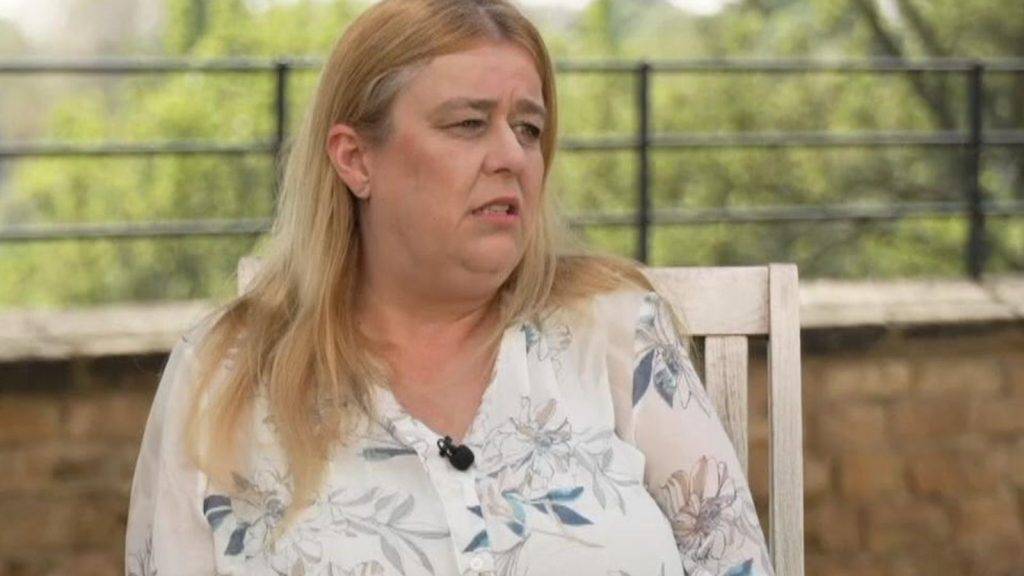Cliff Notes
- Survivors Sharon Miller and Wayne Birkett express deep emotional trauma from the Nottingham attacks, with Miller wishing she had died instead of the two victims, Grace O’Malley-Kumar and Barnaby Webber.
- Both survivors have suffered significant long-term health impacts—Miller has been unable to work and rarely leaves her home, while Birkett struggles with chronic pain and memory loss, having had to relearn basic skills.
- The survivors are calling for accountability and action following the public inquiry into the attacks, hoping for changes that prevent similar tragedies in the future.
Nottingham attacks survivor wishes killer Valdo Calocane ‘had taken me instead’ | UK News
Survivors of the Nottingham attacks have spoken for the first time about the devastating effect on their lives – with one saying she wishes she’d died instead of the two students.
Sharon Miller and Wayne Birkett were among three people who survived when Valdo Calocane ploughed into them with a van he’d stolen from 65-year-old Ian Coates, after stabbing him to death.
Calocane had already killed Grace O’Malley-Kumar and Barnaby Webber as they walked home in June 2023. They were just 19.
“I thought I was dying. I just wish he had taken me instead of the students,” said Sharon of the teenagers, who had “their whole lives ahead of them”.
Sharon, 46, was on her way to her cleaning job when Calocane used the van as a weapon.
She has been unable to work since and rarely leaves the house.
“You should be able to go to work and they should be able to walk out from wherever they was, and Ian should have been able to go in his van and go to work. It’s just wrong,” she said.
Wayne, a former forklift driver, was catapulted into the air and left in a coma when he was hit from behind.
“My legs hurt all the time, my back hurts, my head – painful, headaches all the time,” he said.
“It’s horrible not having no memory, not remembering people you have known and worked for.”
The 61-year-old has also been unable to return to work and has even had to learn to read and write again – but he’s pleased he’s at least escaped the nightmares.
“I feel lucky because the other two people he ran over saw what happened. He hit me from behind. I don’t remember it,” said Wayne.
Wayne and Sharon were speaking in an interview with BBC East Midlands.
Calocane admitted manslaughter by diminished responsibility and attempted murder and was sentenced to an indefinite hospital order in January last year.
It prompted fury that he was not convicted of murder.
Experts had said his schizophrenia meant he was not fully responsible for his actions, and since then a long list of missed opportunities to prevent him committing his crimes has emerged.
“He should be in prison,” said Sharon. “He should have been forced to have had his medication.”
Wayne and Sharon both welcomed the announcement last month of a public inquiry, which the justice secretary said must be “thorough in its assessment of the facts and unsparing in its recommendations”.
Both want to have their voices heard, according to their lawyer.
“They don’t want to be forgotten about,” said Greg Almond, of Rothera Bray solicitors.
“Understandably, they have been concentrating on their rehabilitation, but I think they want answers to the questions that they have got, which are numerous; and they want to find out what’s going to change in the future so that this doesn’t happen again.”
That, for both the bereaved and survivors, it seems, is the key – the need for what follows the inquiry’s conclusions to be more than just words.


